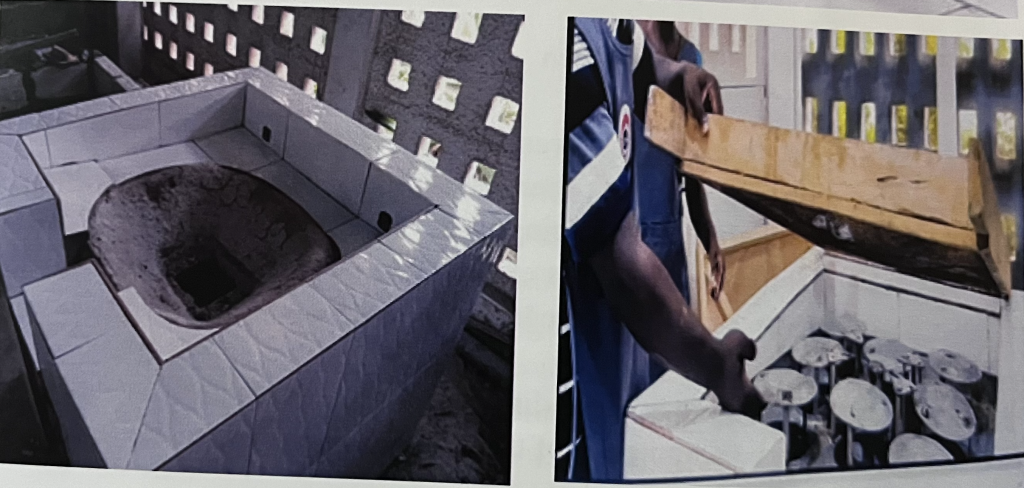By Albert Oppong-Ansah
Accra, March, 30, GNA - Scientists at the Food Research Institute of the Council for Scientific and Industrial Research (FRI-CSIR) and collaborators have outdoored a fish smoking oven technology with high combustion that pollutes less.
The improvement will provide some comfort for fish processors by reducing the high levels of smoke exposure often exceeding World Health Organisation safety guidelines, resulting in burning, dizziness and irritation of the eye during operation.
Already, studies have linked high levels of smoke exposure by fish smokers to poor eyesight, cataracts, shortness of breath, difficulty breathing, wheezing, cough with phlegm and other symptoms indicative of severe respiratory conditions.
Dr Amy Atter, a Senior Research Scientist at FRI-CSIR, told the Ghana News Agency at a dissemination workshop that the modified oven technology addressed the flaws of “Ahoto”, “Chorkor” and other types of ovens.
The new technology promotes rapid cooking and efficiency. The redesigned and improved technology, which was done under the EU-funded Healthy FoodAfrica (HFA) project , offers fishmongers the option of three sources of energy charcoal, firewood and liquified petroleum gas.
She noted that the modification was necessitated by a finding from baseline research conducted at fishing communities, including Keta, Aflao, Dzemeni, Tema New Town and Apam, which indicated that time efficiency and capacity of production were two major concerns.

Dr Atter, who is also a Co-Project lead, said women spent a minimum of six hours every day engulfed by the smoke emanating from their basic wood-fired mud ovens.
“The dimension of the combustion chamber and the combustion tube have been increased to accommodate more fuelwood and increase transmission of heat for rapid cooking,” She said.
Mr Emmanuel Kwarteng, a Post Graduate Student under the HFA Project, said recent innovations in fish smoking technologies were mainly inspired by quality and safety requirements for fish.
Those technologies, he noted, attempted to reduce all forms of microbiological and chemical contamination of fish.
“To ensure that smoked fish products are free of microbiological contamination, ovens are constructed using materials that can withstand repeated washing, such as stainless steel, galvanized plates, and, in certain circumstances, tiles,” he said.
“In the design, spaces with the potential to harbour microorganisms are also avoided. Adoption and use of these technologies are very crucial to the safety of fish production in the country.”
Mr Kwarteng said the redesigned technologies incorporated a blend of user expectations and safety concerns in fish processing.
Dr. Seth Agyakwah, the Project lead, said the improved oven technologies activity of the project would contribute to a range of sustainability issues, including social, economic as well as environmental sustainability.
“We are reducing pollution to the environment, reducing the suffering of women engaged in fish smoking and saving the forest,” he said.
It will also contribute towards a number of the United Nations Sustainable Development Goals, as well as the EU-Africa Partnership on Food and Nutrition Security and Sustainable Agriculture and the EU FOOD 2030 strategy and national and local development goals.
GNA
This story is a collaboration with New Narratives. Funding was provided by the Clean Air Fund. The content is independent of the opinion of the funder.